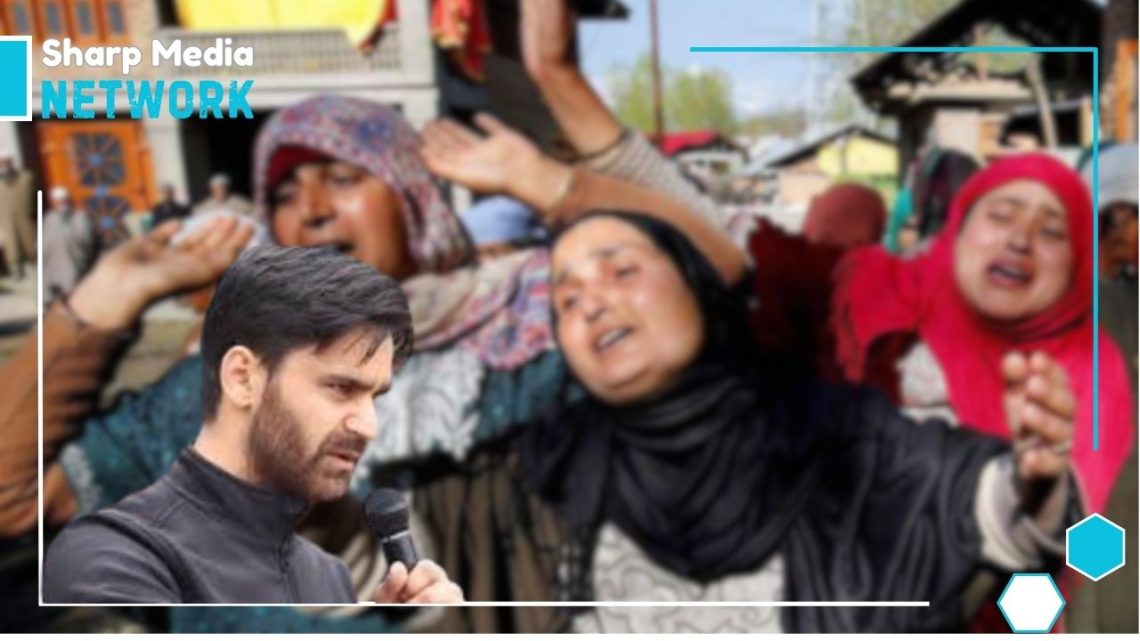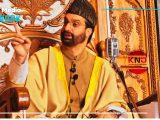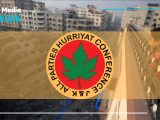
Blatant Discrimination in IIOJK: PDP Leader Condemns Post-370 Exclusion
November 29, 2024PDP leader Waheed Para has denounced the illegal abrogation of Article 370, asserting that it has entrenched systemic exclusion and institutionalized double standards in Indian Illegally Occupied Jammu and Kashmir (IIOJK).
Para highlighted glaring discrepancies in the reservation policies of the Board of Professional Entrance Examinations (BOPEE) for postgraduate medical programs at ASCOMS, Jammu. BOPEE’s decision to allocate 13 seats to Hindu minority candidates and five to Non-Resident Indians (NRIs) exposes a biased system that marginalizes the majority Muslim community.
He lambasted the authorities for their selective application of minority safeguards, favoring Hindus in the Jammu region while denying equivalent measures to the Muslim majority in Kashmir. This targeted exclusion, he argued, is part of a broader strategy to disempower Kashmiris, undermining their educational and economic aspirations.
“Muslims are recognized as a national minority in India and qualify for scholarships, yet they are penalized as a local majority in IIOJK, especially in admissions and employment,” Para stated. He pointed out the hypocrisy of slashing the open merit quota to just 40%, effectively sidelining Muslims from opportunities already scarce at the national level.
The post-370 policies have institutionalized systemic bias, depriving the Muslim majority of fundamental rights under the guise of administrative reforms. Critics argue that this reflects New Delhi’s deliberate attempts to suppress Kashmiri voices and diminish their political and economic representation.
Waheed Para’s statement shines a spotlight on the entrenched inequities in IIOJK, where the abrogation of Article 370 has deepened the divide. The Modi government’s policies, widely seen as part of its Hindutva agenda, continue to disenfranchise the local population while prioritizing the interests of specific groups aligned with its ideological motives.
This preferential treatment not only exacerbates existing grievances but also threatens the region’s fragile social fabric. The exclusion of the Muslim majority from national and regional opportunities reveals the Modi regime’s clear disregard for fairness, justice, and constitutional values.
The move is yet another example of New Delhi’s systematic marginalization of Kashmiris. By reserving rights for some and stripping them from others, the government fuels resentment, widens communal divides, and undermines the prospect of long-term stability in the region.
The international community must take note of these discriminatory practices, which contravene basic human rights and expose the Modi government’s blatant double standards. Without external pressure, the plight of Kashmir’s oppressed majority will only worsen.

